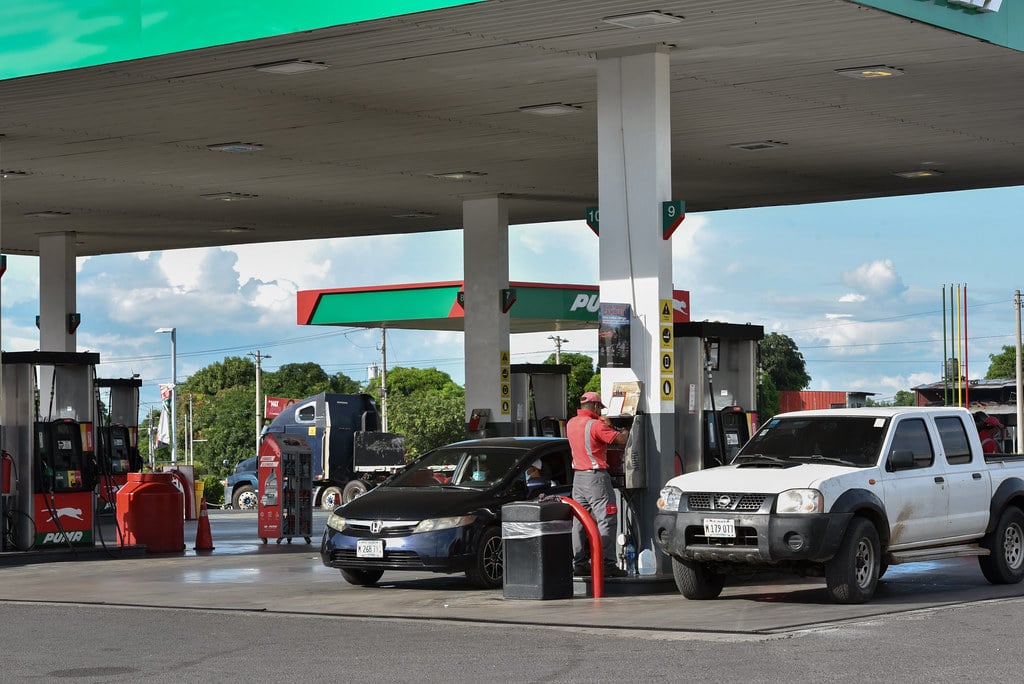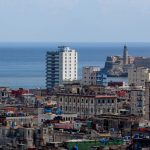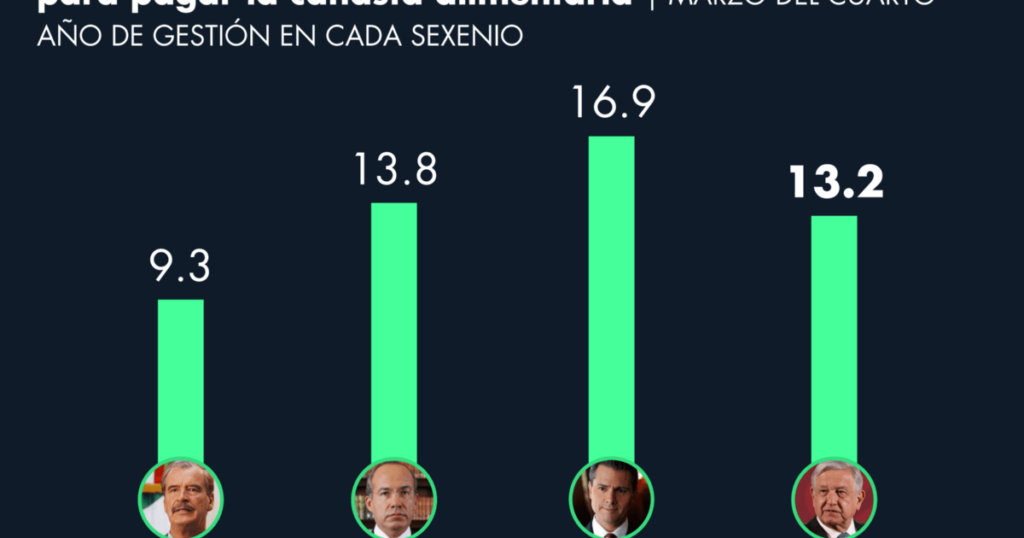The Ministry of Energy and Mines (MEM) and the Nicaraguan Institute of Energy (INE) reported that no increases will be applied to the prices of gasoline, diesel, and liquefied petroleum gas, which is used primarily for cooking, until next April 23.
“Given the constant increase that the international prices of oil and its derivatives have had since the beginning of 2021… the Government of Reconciliation and National Unity (GRUN), assumes with our resources the increases corresponding to the week of December 17 to 23. April 2022,” says the regime’s statement.
Both the INE and the MEM assure that, according to international oil prices, the cost of a gallon of diesel for the following week should increase by 4.31 cordobas per liter, that is, 16.32 cordobas per gallon. However, the Government “has decided not to increase said price and assume 100% of said increase,” says the document without giving more details about the mechanism used to freeze prices.
In the case of super and regular gasoline, prices will be maintained without any adjustment, “with our Government assuming 100% of its increase,” said the Ministry of Energy and Mines, and the INE, without specifying how much the increase would be. gallon of gasoline.
As for liquefied petroleum gas, which is what Nicaraguan households use to prepare food, its prices will be the same as two weeks ago for the 10-pound, 25-pound, and 100-pound presentations. The increase that was planned for liquefied petroleum gas will also be absorbed by the Executive, according to the information. An increase that they detail would be 30 córdobas for the 25-pound tank.
constant hikes
So far this year there have been nine weekly increases and one drop in the price of regular and super gasoline, and nine increases in the price of diesel in Nicaragua, according to INE data.
“The sustained increases in the international prices of crude oil and its derivatives, since January 2022, only partial increases have been transferred, with the aim of mitigating their impact on the family economy and the country’s economic sectors,” they say in the statement.
However, the freezing of fuel prices occurs three days after intercity and intermunicipal carriers increased their ticket rates by 10%, an adjustment that has not been publicly authorized by the Ministry of Transport and Infrastructure (MTI) but neither has it It has been rejected.
The strong hikes in it price of hydrocarbons worldwide, during the last few weeks, have been caused mainly by the Russian invasion of UkraineY the sanctions of the United States, the European Union and England against the Russian oil sector.
This April 14, the price of a barrel of West Texas Intermediate (WTI) oil, a reference for Nicaragua, rose 2.59% and is at 106.95 dollars. On the other hand, the price of a Brent barrel is at 111.70 dollars, rising 2.68%.
The reference oil for Nicaragua “began the day down but became more expensive in the face of the long weekend due to the Good Friday holiday, in which the sight will continue to be set on the war in Ukraine,” says a report from the agency Eph.


















